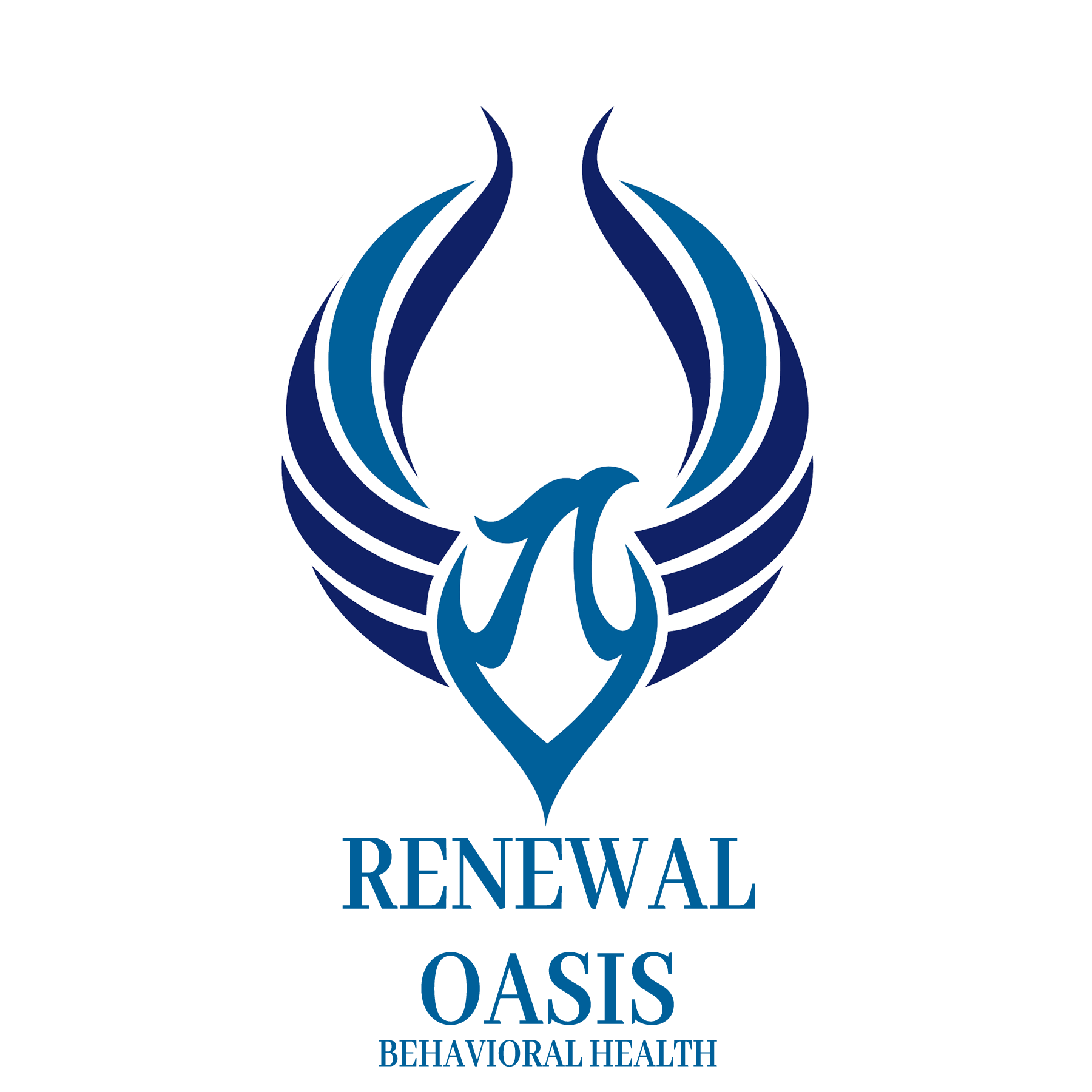When someone develops borderline personality disorder (BPD), it impacts their lives in many ways. This mental illness can prove quite challenging, including getting a diagnosis for the specific type a person has. Petulant BPD typically starts by the time a person has reached young adulthood. Without treatment, the individual who has it often flounders in their professional and personal lives. Renewal Oasis provides a quality program designed to treat petulant BPD. We offer a combination of evidence-based therapies that help people understand their illness and manage their symptoms so that they feel more in control of their lives.
What is Petulant BPD?
Petulant BPD is one of the many types of borderline personality disorder which can cause people to have extreme emotional outbursts and have trouble expressing themselves in positive or effective ways. As a result, they often have difficulty getting along with family and friends, and do poorly on the job or in school. It is not curable, but with the appropriate treatment, a person can improve their symptoms a great deal.
What are the Behaviors of Someone With Petulant BPD Like?
 A person who has petulant BPD often acts out using negative behaviors and words. They do so because they have distorted and often unrealistic perceptions about how they should think, feel, and act. When other people react with surprise, anger, or feel hurt, this may baffle the person with petulant BPD.
A person who has petulant BPD often acts out using negative behaviors and words. They do so because they have distorted and often unrealistic perceptions about how they should think, feel, and act. When other people react with surprise, anger, or feel hurt, this may baffle the person with petulant BPD.
Typical behaviors associated with petulant BPD include:
- Blaming other people for the individual’s actions, reactions, and feelings
- Angry outbursts
- Mood swings
- Sulking
- Believing they are unloved and unappreciated
- Using manipulative behaviors to try to get their way
- Suicidal feelings and attempts
- Anxiety
- Disappointed in other people without real cause
- Acting in a “push/pull” pattern in relationships by trying to pull someone close emotionally and then suddenly pushing them away
- Using drugs or alcohol to help relieve their symptoms
How do People get Petulant Borderline Personality Disorder?
There isn’t just one reason a person develops petulant BPD. It can be one particular issue or a combination of them. Mental illness often runs in families, which means if one person has a mental health disorder, their relatives have an increased likelihood of developing their own. BPD also can develop because of abnormal development in the brain. Experiences a person undergoes, particularly early in life, can also contribute to having petulant BPD. This includes physical or sexual abuse and other traumatic events, or having a childhood with neglect or no consistent caretaker.
Is Petulant BPD Dangerous?
Having petulant BPD can be dangerous because of the person’s difficulty in controlling their emotions and behaviors. People who have borderline personality disorder experience a higher-than-average tendency to engage in self-injury, angry behaviors, and substance abuse. Borderline personality disorder is also associated with an alarming increase in suicidal feelings and behaviors. In fact, up to 10% of people with BPD die by committing suicide. For all of these reasons, it’s important for a person with petulant BPD to enter a structured treatment program that targets their illness as soon as possible. This keeps them from continuing to suffer unnecessarily and can help them rediscover a desire to heal and enjoy life again.
How is Petulant Borderline Personality Disorder Treated?
There isn’t a drug specifically designed to help a person who has petulant BPD. However, several prescription medications can be used to help alleviate many of the symptoms of this mental illness. These include antipsychotic drugs, mood stabilizers, and antidepressants that include selective serotonin reuptake inhibitors (SSRIs), and serotonin and norepinephrine reuptake inhibitors (SNRIs).
Borderline personality disorder treatment typically employs at least one type of therapy that helps improve the symptoms of petulant BPD. Dialectical behavior therapy (DBT) can be done on an individual or group basis. It teaches people how to manage their emotions and differentiate between positive and negative reactions. This allows the person to learn to tolerate normal levels of stress and improve their communication skills.
Schema-focused therapy can also be done one-on-one or in a group. It teaches people to identify their unmet needs and get them met in healthy ways. Another approach is mentalization-based therapy (MBT) which helps people understand they have positive alternatives to how they handle their thoughts and feelings.
In general, a combination of psychotherapy and the right medications helps people improve their symptoms. This process can begin in a residential program and continue by transitioning into one of several outpatient programs.
Contact Renewal Oasis About Treating Petulant BPD Today
Do you have BPD but aren’t sure exactly what type? Even if you know you have been diagnosed with petulant BPD, it can be difficult to find treatment professionals who truly understand your situation. Renewal Oasis created a program that targets borderline personality disorder and can help you feel a sense of control lacking in your life. Our experienced clinicians bring their skills and compassion to every session and help you learn how to manage your emotions and behaviors.
Would you like more information about our program? Contact us today and find out how much our program can fit your needs.



